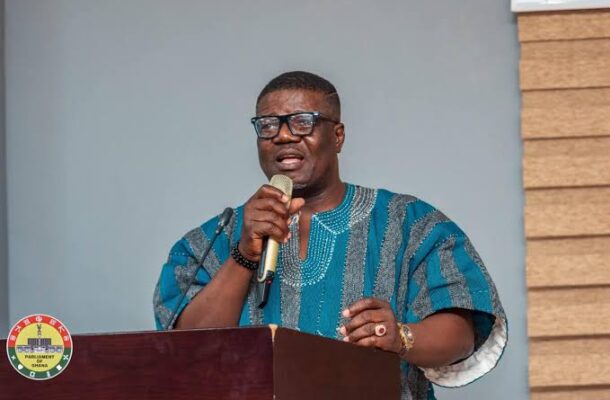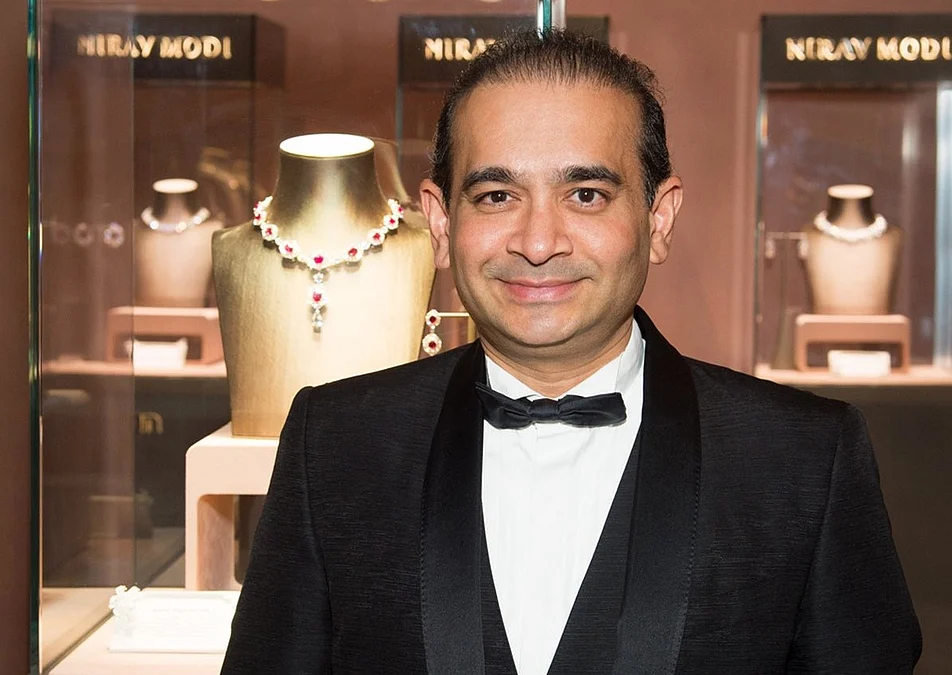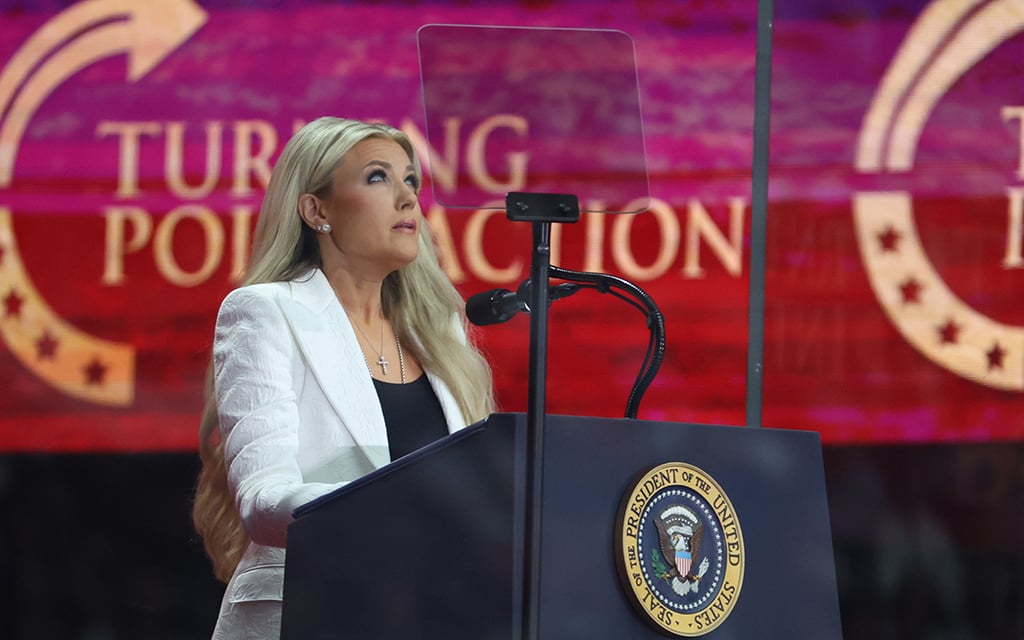Copyright ghanaguardian

The Ghana Bar Association (GBA), once a formidable defender of judicial independence during the country’s turbulent political history, is once again at the center of a constitutional storm. A suit filed at the Supreme Court by Member of Parliament for South Dayi, Rockson-Nelson Dafeamekpor, alongside two other plaintiffs, is challenging the very foundation of the Association’s constitutional recognition. At the heart of the case lies a fundamental question: can a voluntary professional body enjoy exclusive recognition under the Constitution as the sole representative of lawyers? The plaintiffs argue that such monopoly recognition undermines freedom of association, guaranteed under Article 21(1)(e), and breaches the equality principle enshrined in Article 17. This is not the first time the GBA has been drawn into Ghana’s constitutional and political battles. In the 1980s, the Association openly resisted the Provisional National Defence Council (PNDC) when it created Public Tribunals under PNDCL 24 (1982) and PNDCL 78 (1984). These tribunals sidelined the judiciary, restricted appeals, and allowed political appointees to preside over serious criminal cases. The GBA boycotted the tribunals and condemned them as a violation of judicial independence and due process. That confrontation deepened mistrust between the Bar and successive governments. Four decades later, the GBA finds itself under pressure once more. Its recent criticism of President John Dramani Mahama’s suspension of Chief Justice Gertrude Torkornoo has reignited old hostilities. For many legal observers, the fresh legal challenge against the GBA’s constitutional status is more than coincidence—it reflects a recurring trend where efforts to curtail the Bar’s influence follow periods of its outspoken defense of judicial autonomy. From a legal standpoint, the plaintiffs maintain that the GBA is no more than a private voluntary association. They insist that constitutional references to the “Ghana Bar Association” should not confer exclusive recognition, but should instead be interpreted generically, allowing other groups such as the Ghana Law Society to operate with equal standing. They argue that forcing all lawyers under one umbrella amounts to an unconstitutional monopoly that violates fundamental rights. But defenders of the GBA point to the text and history of Ghana’s constitutions. Both the 1979 and 1992 Constitutions explicitly mention the GBA by name, signaling, in their view, the framers’ intention to establish a unified Bar. According to this interpretation, a single recognized body ensures professional coherence, simplifies appointments to constitutional institutions, and strengthens the collective voice of lawyers in safeguarding judicial independence. Fragmentation, they warn, risks confusion, weak regulation, and diminished capacity to check political excesses. The Supreme Court’s eventual ruling will have far-reaching implications. It must decide whether the GBA’s recognition in the Constitution was meant as an entrenched singular identity or as a descriptive reference open to pluralism. The decision will not only determine the institutional future of the GBA but also shape how Ghana balances professional freedom against the need for stability and coherence within the legal system.



